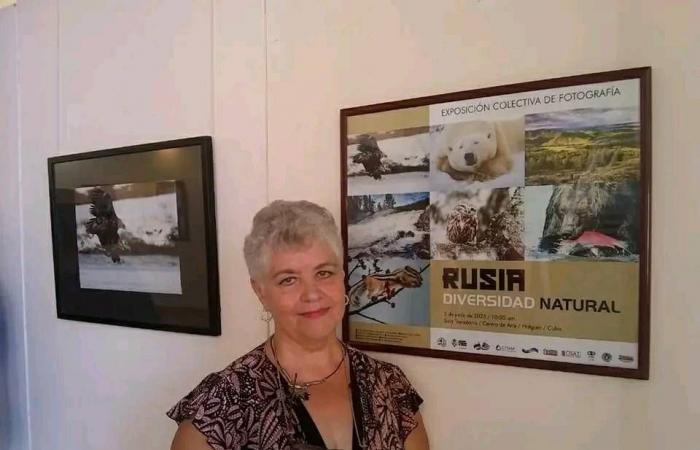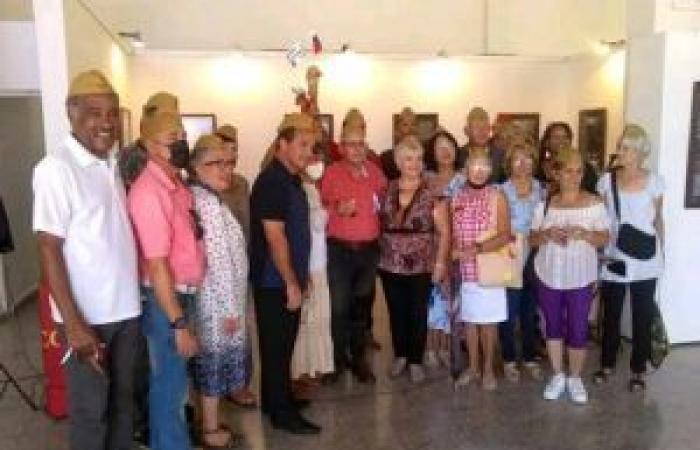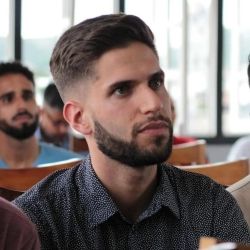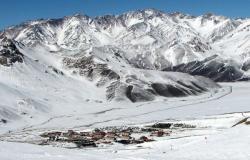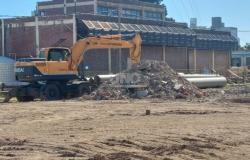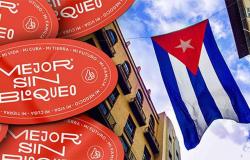Natalia Prónina has lived in Cuba – exactly in Holguín – for more than forty years. However, she refuses to separate herself from her roots. She was born in the former Union of Soviet Socialist Republics, current territory of the Russian Federation.
Currently, Natalia leads the Russian-speaking Community in the Cuban city of parks ““Matrioshka”along with their countrymen, Ukrainians, Belarusians, Cubans who graduated from different specialties in the Soviet Union and some young people interested in learning the language and getting closer to the culture of Russia.
Our main mission is to keep Russian traditions alive. For this reason, we try to diversify the activities, with exhibitions that represent our culture and nature, as well as relevant historical figures, artists, writers, who permanently motivate us to gatherings, conversations, and round tables.
Without a doubt, the Russian community based in the Holguín city builds a bridge between that nation and the Caribbean island and enhances cultural exchange between both countries.
The traditions that we preserve here are several. One of them is to wait for the Russian New Year, every December 31, at four in the afternoon, Cuban time. We met to cook typical Russian dishes, including Blini (arepas), Pelmeni (ravioli), Borsch (vegetable soup or red soup) and a typical Russian salad, Olivié Salad, similar to the cold salad prepared in Cuba, but based on potatoes.
In Natalia’s home, where three generations of Russians live today, it is a priority to instill in the little ones an interest in the culture of that nation.
We have a good habit of celebrating and talking about important dates in our countries, such as Victory Day or Orthodox Easter. In my family, first with my children and now with the grandchildren, we usually paint the eggs that are representative of this holiday and give them to friends. We also make Russian Easter-specific sweets.
Every time we meet we have tea, our favorite drink. We sat around the Russian samovar, a very unique kettle. As much as possible, we try to ensure that Cubans, especially neighbors, learn about these traditions, which they enjoy as much as we do.
For the optimal performance of the Russian-Speaking Community, the attention permanently offered to its members by the diplomatic headquarters of the Russian Federation in Havana, which other organizations have recently joined, is essential.
A federal agency, Rossotrudnichestvo, is providing communities in each Cuban province with sufficient support. From it we receive sponsorship for activities, which helps us revive and preserve Russian traditions and diversify our work as an association.
Also read:
Russia will support Cuba in the development of renewable energies
The coordinator of the Russian-speaking community in Holguín also highlighted the good relations that this associative form maintains with cultural and educational institutions, which makes it an integrating mechanism with Cuban society, which in many cases enriches it.
Thus, the links with the Alex Urquiola Provincial Library and its notable section of Russian literature and the training of future lyrical singers at the local branch of the University of the Arts stand out, who have the learning of that language as an essential requirement.
It is not necessary to know the language to belong to the Russian-speaking Community ““Matrioshka”, nor does it have official status, statutes, regulations. Just the interest in the culture of that Eurasian country and the desire to contribute to its promotion.

Latest posts by Aniel Santiesteban García (see everything)

